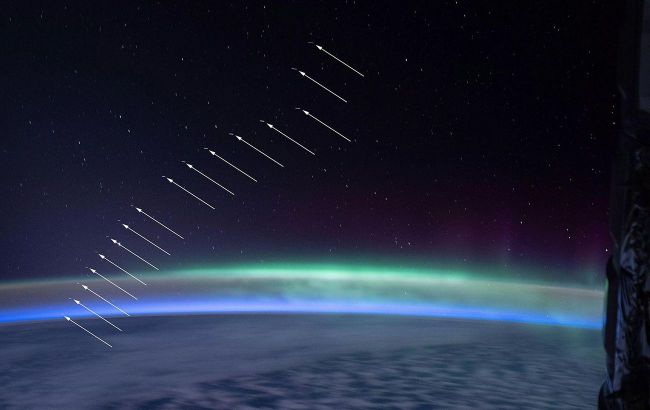Elon Musk's Starlink satellites can change the Earth's climate
 Starlink may leave behind "space debris" (photo: spacex.com)
Starlink may leave behind "space debris" (photo: spacex.com)
Elon Musk's Starlink satellites could have a significant impact on Earth's climate, according to studies conducted by scientists.
Sources used for the article: Space.com, SpaceX, and Starlink.
How it started
On February 13, the press office of the American company SpaceX announced plans to remove approximately 100 satellites from the orbit of Earth in the coming weeks and months due to a common issue that could increase the likelihood of failures in the future.
Company representatives explain that SpaceX has initiated the controlled deorbiting of 406 satellites out of nearly 6,000 Starlink satellites launched. Of these, 17 are currently non-maneuverable, passive, and decaying. However, they are being closely monitored to reduce the risk of collision with other active satellites.
They clarified that these were early versions of Starlink equipment positioned at altitudes of less than 600 km above Earth's surface.
Experts add that atmospheric drag at these altitudes will naturally deorbit the satellite within five years or less, depending on altitude and construction.
The company also noted that the risks posed by satellites deorbiting are virtually zero, as they burn up.

Starlink (photo: starlink.com)
Threats for Earth
Despite SpaceX's claims regarding the safety of satellite deorbiting, scientists express concerns about their potential impact on Earth's climate.
The 'burning' of Starlink will leave millions of particles of space satellites in the atmosphere, and previous studies indicate that metals from spacecraft can deplete the ozone layer in the stratosphere.
Based on this, climatologists fear that satellite remnants could worsen the existing climate crisis.
According to experts, further research is needed to understand the impact of space apparatus on Earth's atmosphere and climate, as human activity remnants in space could form polar stratospheric clouds, which contribute to ozone depletion.
Furthermore, scientists emphasize that cleaning up space debris is a priority for the space sector.

